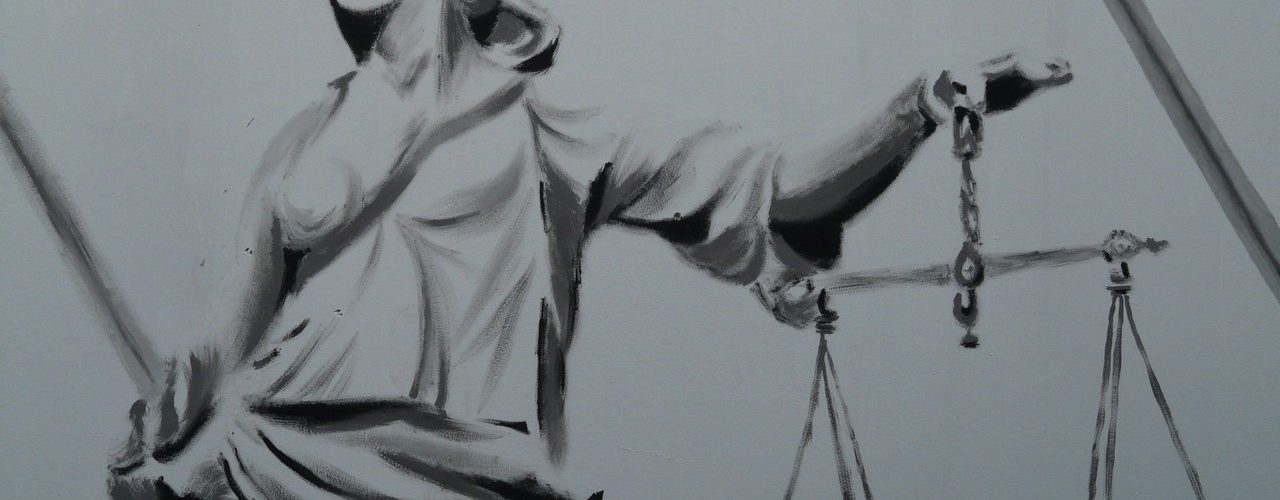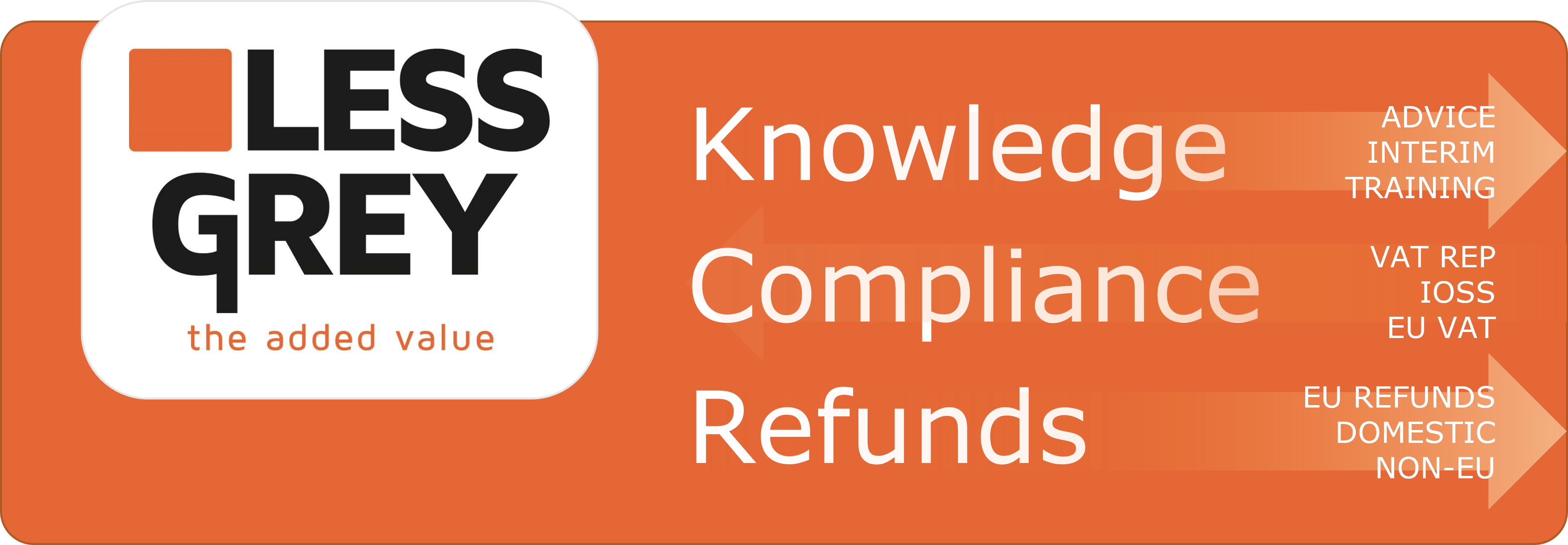On June 22, 2026, the ECJ issued its decision in the case C-267/15 (Gemeente Woerden).
Context: Reference for a preliminary ruling — Value added tax — Input tax — Deduction
Article in the EU VAT Directive
Articles 9(1), 11, 13(1), 72, 80 and 168 of the EU VAT Directive 2006/112/EC.
Article 9(1)
”Taxable person” shall mean any person who, independently, carries out in any place any economic activity, whatever the purpose or results of that activity.
Any activity of producers, traders or persons supplying services, including mining and agricultural activities and activities of the professions, shall be regarded as “economic activity”. The exploitation of tangible or intangible property for the purposes of obtaining income therefrom on a continuing basis shall in particular be regarded as an economic activity.’
Article 11
After consulting the advisory committee on value added tax …, each Member State may regard as a single taxable person any persons established in the territory of that Member State who, while legally independent, are closely bound to one another by financial, economic and organisational links.
Article 13(1)
‘States, regional and local government authorities and other bodies governed by public law shall not be regarded as taxable persons in respect of the activities or transactions in which they engage as public authorities, even where they collect dues, fees, contributions or payments in connection with those activities or transactions.
However, when they engage in such activities or transactions, they shall be regarded as taxable persons in respect of those activities or transactions where their treatment as non-taxable persons would lead to significant distortions of competition.
In any event, bodies governed by public law shall be regarded as taxable persons in respect of the activities listed in Annex I, provided that those activities are not carried out on such a small scale as to be negligible.’
Article 72
‘For the purposes of this Directive, “open market value” shall mean the full amount that, in order to obtain the goods or services in question at that time, a customer at the same marketing stage at which the supply of goods or services takes place, would have to pay, under conditions of fair competition, to a supplier at arm’s length within the territory of the Member State in which the supply is subject to tax.
Where no comparable supply of goods or services can be ascertained, “open market value” shall mean the following:
(1) in respect of goods, an amount that is not less than the purchase price of the goods or of similar goods or, in the absence of a purchase price, the cost price, determined at the time of supply;
(2) in respect of services, an amount that is not less than the full cost to the taxable person of providing the service.
Article 80
1. In order to prevent tax evasion or avoidance, Member States may in any of the following cases take measures to ensure that, in respect of the supply of goods or services involving family or other close personal ties, management, ownership, membership, financial or legal ties as defined by the Member State, the taxable amount is to be the open market value:
(a) where the consideration is lower than the open market value and the recipient of the supply does not have a full right of deduction under Articles 167 to 171 and Articles 173 to 177;
For the purposes of the first subparagraph, legal ties may include the relationship between an employer and employee or the employee’s family, or any other closely connected persons.
2. Where Member States exercise the option provided for in paragraph 1, they may restrict the categories of suppliers or recipients to whom the measures shall apply.
Article 168
In so far as the goods and services are used for the purposes of the taxed transactions of a taxable person, the taxable person shall be entitled, in the Member State in which he carries out these transactions, to deduct the following from the VAT which he is liable to pay:
(a) the VAT due or paid in that Member State in respect of supplies to him of goods or services, carried out or to be carried out by another taxable person;
(b) the VAT due in respect of transactions treated as supplies of goods or services pursuant to Article 18(a) and Article 27;
(c) the VAT due in respect of intra-Community acquisitions of goods pursuant to Article 2(1)(b)(i);
(d) the VAT due on transactions treated as intra-Community acquisitions in accordance with Articles 21 and 22;
(e) the VAT due or paid in respect of the importation of goods into that Member State.
Facts
- The Municipality of Woerden ordered the construction of two buildings intended for multipurpose use. It deducted almost all the VAT invoiced in respect of the works supplied.
- The Stichting Gebouwen Beheer Woerden (Building Management Foundation, Woerden, ‘the Foundation’) was formed on 6 February 2007. Its management board comprises five members, of whom one is appointed by the Municipality of Woerden, three by the boards of each of the educational institutions which use the buildings managed by the Foundation, and one by the Stichting Kindercentra Midden Nederland (Foundation for Children’s Centres, Central Netherlands). The objective of the Foundation is to manage buildings and to promote co-operation between the users of the buildings.
- Rather than grant a lease over the buildings at issue, the Municipality of Woerden decided to sell them to the Foundation. The two buildings, of which the second was divided into two plots, were sold for an amount corresponding to approximately 10% of the cost price. VAT was charged on the sale price. The purchase price owed by the Foundation was converted into an interest-bearing loan.
- In respect of the transfer of ownership over the first building, transfer duty was levied on an amount effectively corresponding to the building’s cost price. In respect of the second building, the act of transfer states that the grant of the first right over the apartments results in transfer tax on an amount effectively corresponding to the entire cost price of that building.
- The Foundation then granted the use of part of the buildings at issue without consideration to three institutions providing special primary education. Leases over the other parts were granted for consideration to various tenants. The grant of those leases for consideration is exempt from VAT, except for the lease of the sports facilities.
- The Inspector took the view that the Municipality of Woerden had not supplied the two buildings at issue within the meaning of Article 3(1)(a) of the Law on turnover tax, but had leased them to the Foundation on a VAT-exempt basis. According to the Inspector, the Municipality of Woerden was therefore liable to pay VAT on the basis of Article 3(3)(b) of that law. The Inspector claimed the VAT by a notice of additional assessment.
- On 25 April 2013, ruling on the appeal brought by the Municipality of Woerden and on the cross-appeal of the Inspector, the Gerechtshof te Amsterdam (Regional Court of Appeal, Amsterdam, Netherlands) held that there had actually been a supply within the meaning of Article 3(1)(a) of the Law on turnover tax.
- The Gerechtshof te Amsterdam (Regional Court of Appeal, Amsterdam) nevertheless held that the sale price invoiced by the Municipality of Woerden related solely to the parts of the buildings at issue that the Foundation attributed to the taxable leases. It therefore concluded that the Municipality of Woerden had acted as an entrepreneur within the meaning of the Law on turnover tax solely in respect of those parts and, accordingly, that it was entitled to deduct only the VAT charged at the time of the supply of the buildings, namely approximately 10%.
- The Municipality of Woerden brought an appeal on a point of law against the judgment of the Gerechtshof te Amsterdam (Regional Court of Appeal, Amsterdam). The Secretary of State for Finance also brought a conditional cross-appeal on a point of law.
- In its appraisal of the case, the referring court rejects the assessment of the Gerechtshof te Amsterdam (Court of Appeal, Amsterdam) according to which the Municipality of Woerden supplied certain parts of the buildings at issue as an entrepreneur and did not supply other parts in that capacity.
- The referring court considers that the sale price of the buildings at issue was directly related to their supply and that the Municipality of Woerden thus made those supplies for consideration and therefore as an economic activity.
- Furthermore, the referring court rejects the ground of appeal brought by the Secretary of State for Finance that the Municipality of Woerden did not act as an entrepreneur within the meaning of the Law on turnover tax at the time of the supply of the buildings at issue, but acted as a public authority.
- The referring court also considered whether there has been abuse of rights. However, since the management of and responsibility for the buildings was vested in the Foundation, the referring court excluded the existence, in the present case, of abuse of rights.
- The referring court nevertheless considered, of its own motion, whether, on the basis of the VAT Directive, the Municipality of Woerden is entitled to deduct a fraction only of the VAT charged at the time of the supply of those buildings given that, on the basis of the Law on primary education of 2 July 1981, in the version applicable to the facts at issue in the main proceedings, it is not to pass on the charges relating to accommodation for schools to educational institutions and that the Foundation granted the use of parts of the buildings at issue without consideration to educational institutions providing special primary education.
Questions
In a case such as the present, in which a taxable person has had a building constructed and has sold that building for a price which does not cover all of the costs, while the purchaser of the building has given a certain part thereof to a third party for the latter’s use free of charge, is that taxable person entitled to deduct all of the VAT invoiced in respect of the construction of the building, or only a part thereof, in proportion to the parts of the building which the purchaser uses for economic activities (in the present case, the grant of a lease for consideration)?
AG Opinion
None
Decision
Council Directive 2006/112/EC of 28 November 2006 on the common system of value added tax must be interpreted as meaning that, in circumstances such as those at issue in the main proceedings, in which a taxable person has had a building constructed and has sold that building for a price less than the cost of constructing it, that taxable person is entitled to deduct all of the value added tax paid in respect of the construction of that building, and not only a part of that tax in proportion to the parts of the building which its purchaser uses for economic activities. The fact that that purchaser allows the building at issue to be used without charge is of no importance in that regard.
Summary
If a taxable person has had a building built and sold it at a price below construction costs, he is entitled to a full deduction of the VAT paid for the construction of that building, and not just a partial deduction of that VAT in proportion to the parts of that building that the acquirer uses for economic activities. The fact that the acquirer gives a part of the building in question to a third party to use it free of charge is immaterial in that regard.
Source:
Similar ECJ cases
How did countries implement the case? Your feedback appreciated! Let us know
Newsletters















